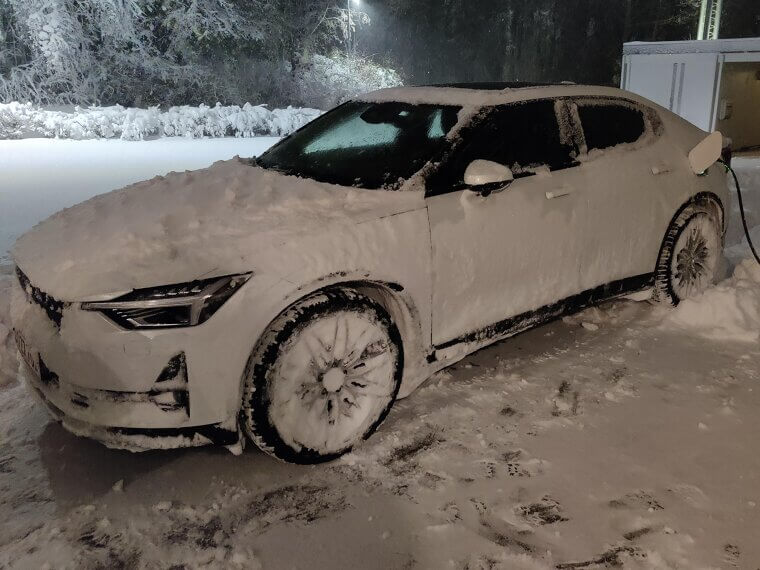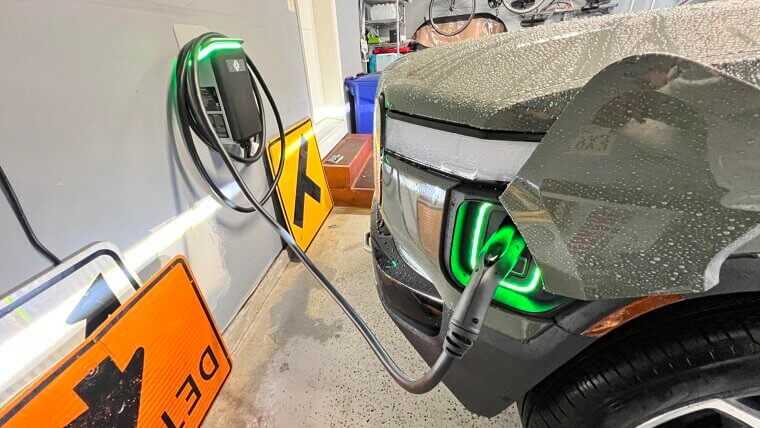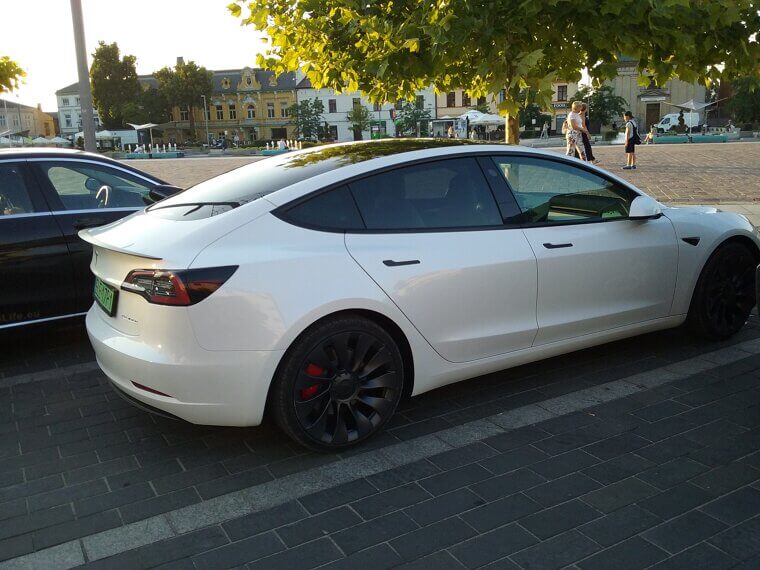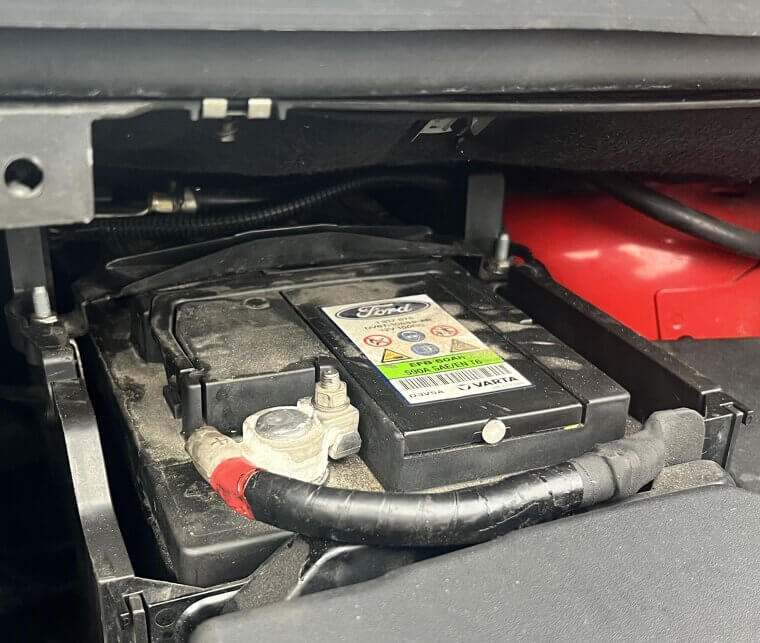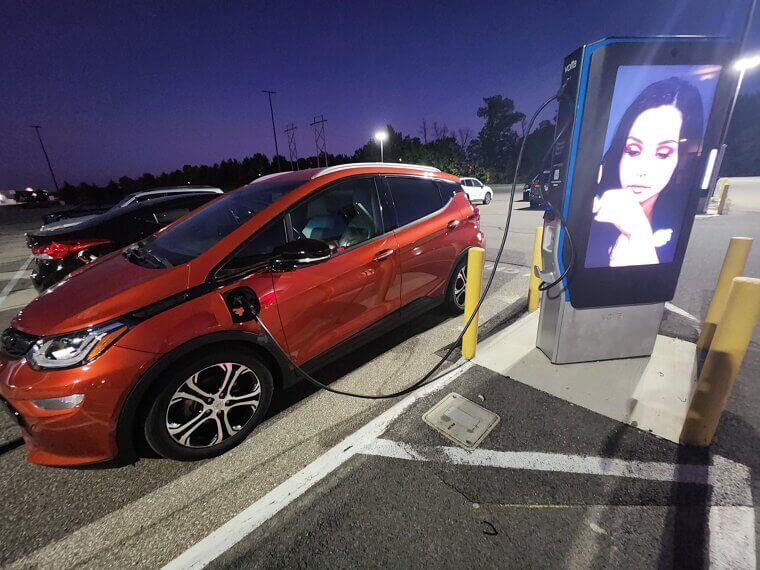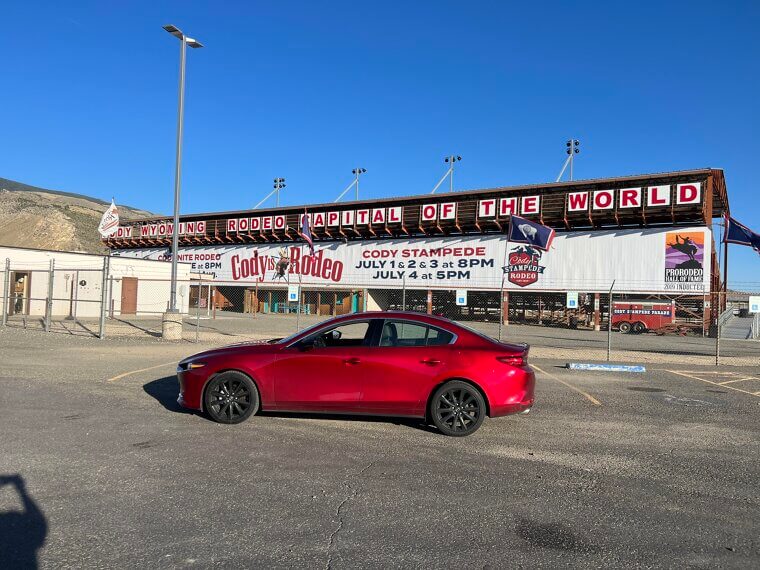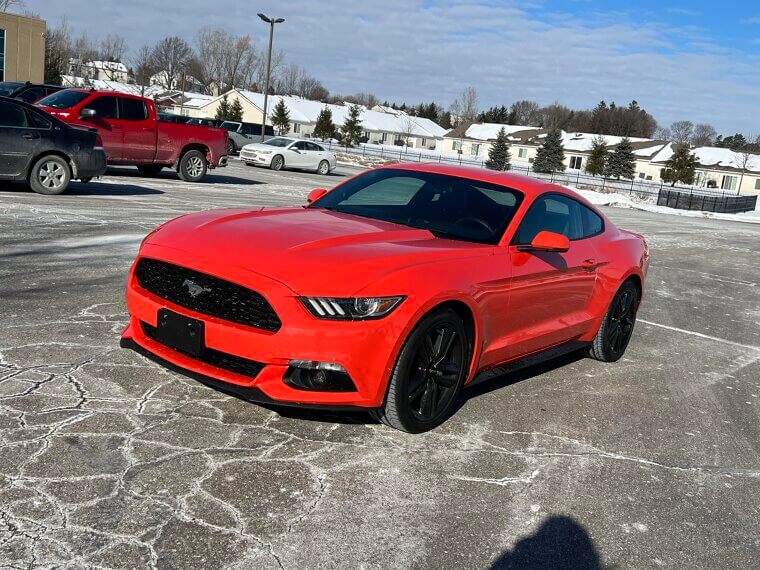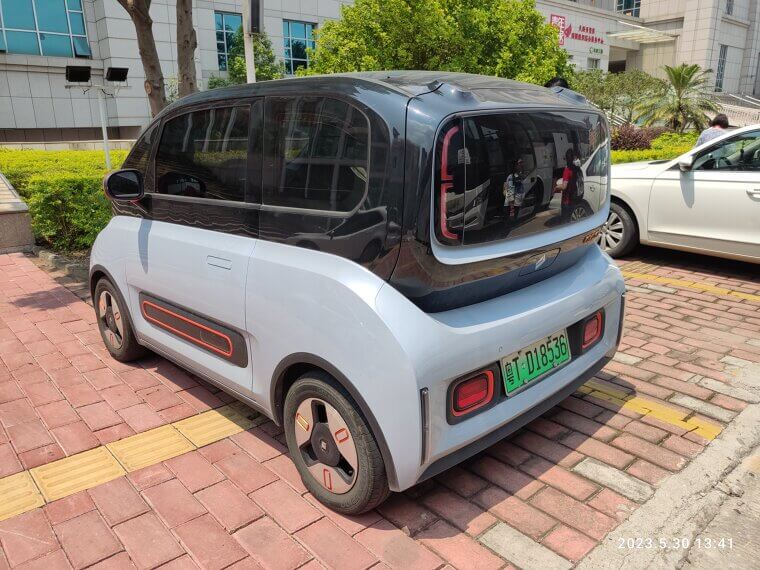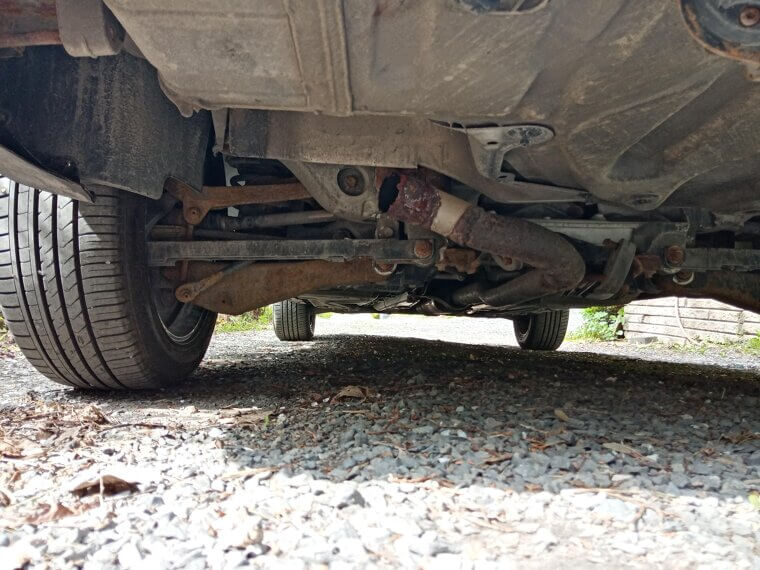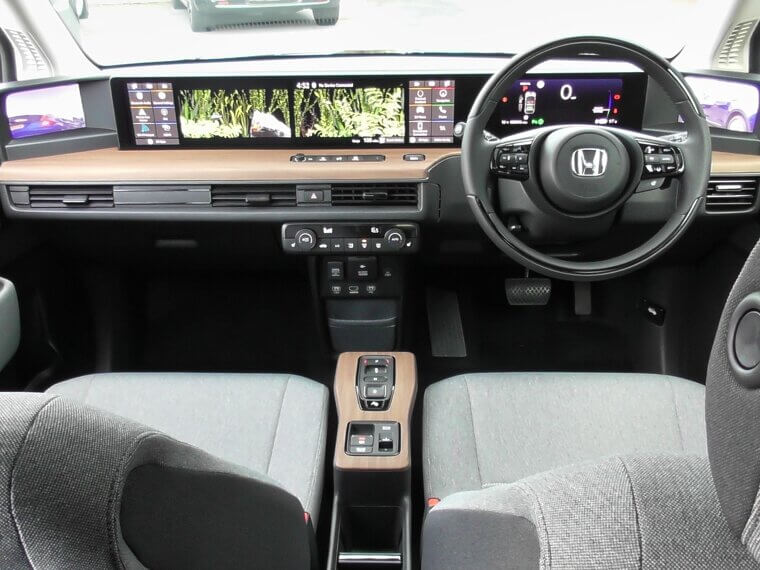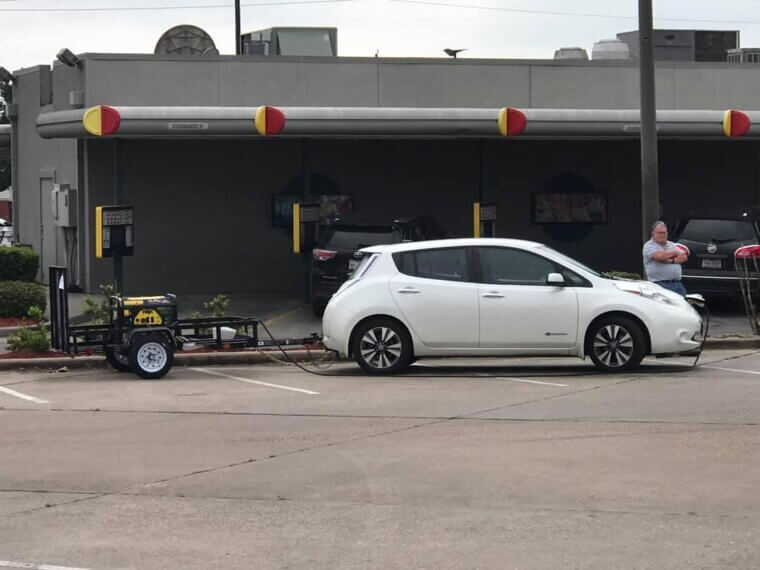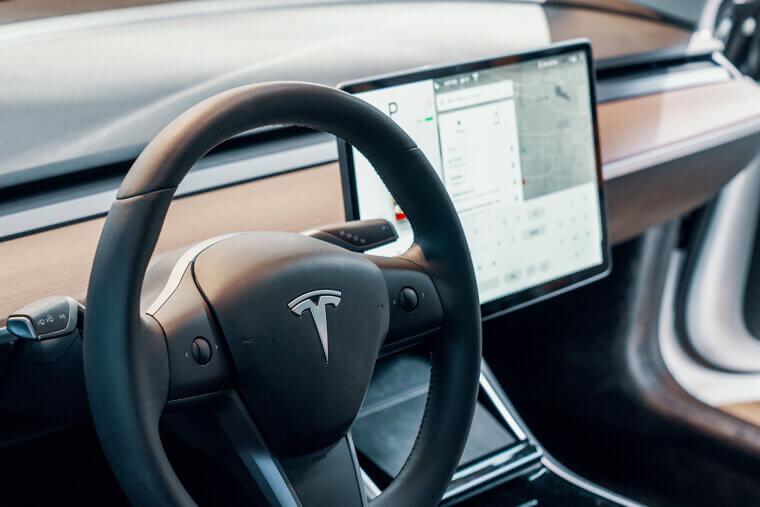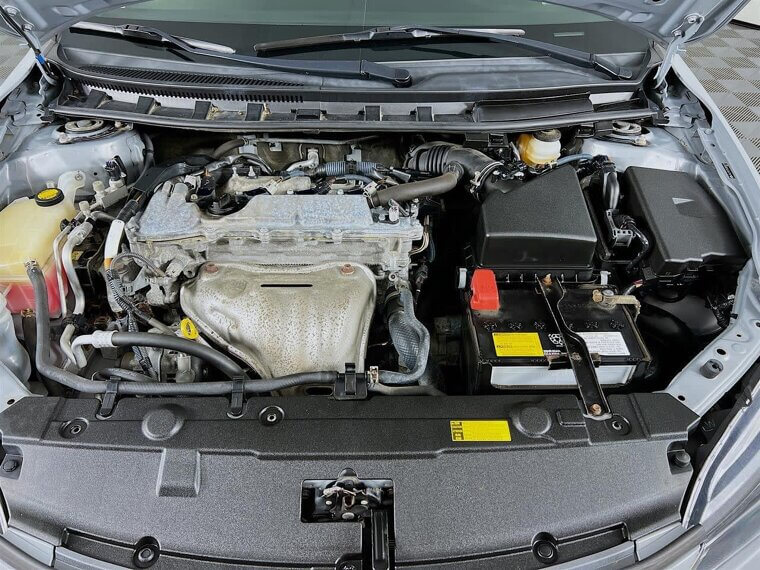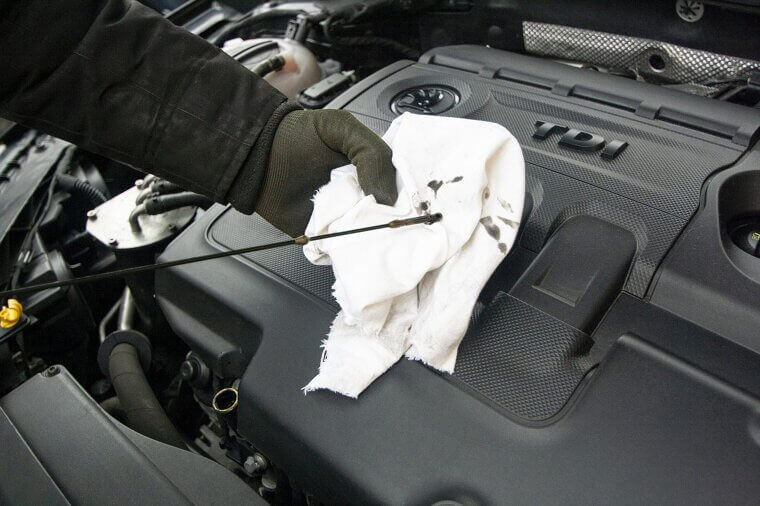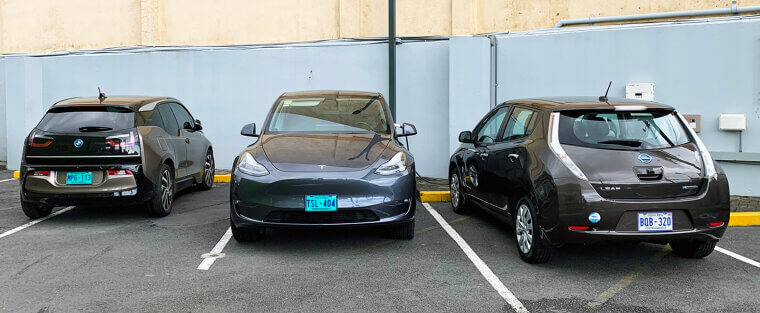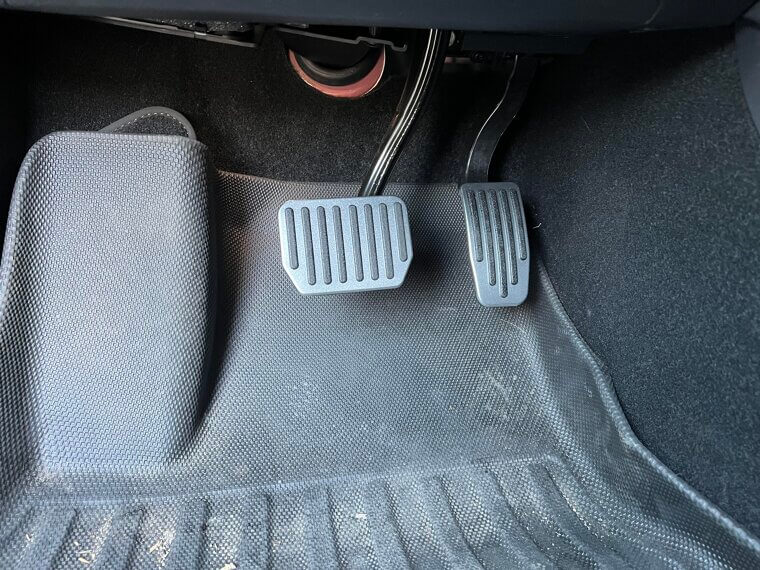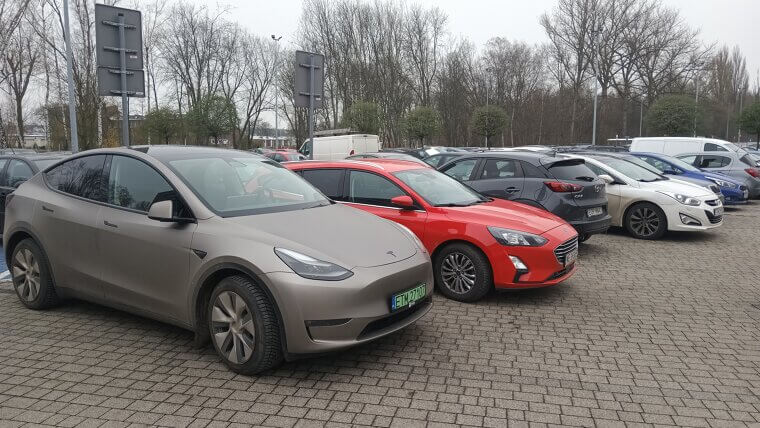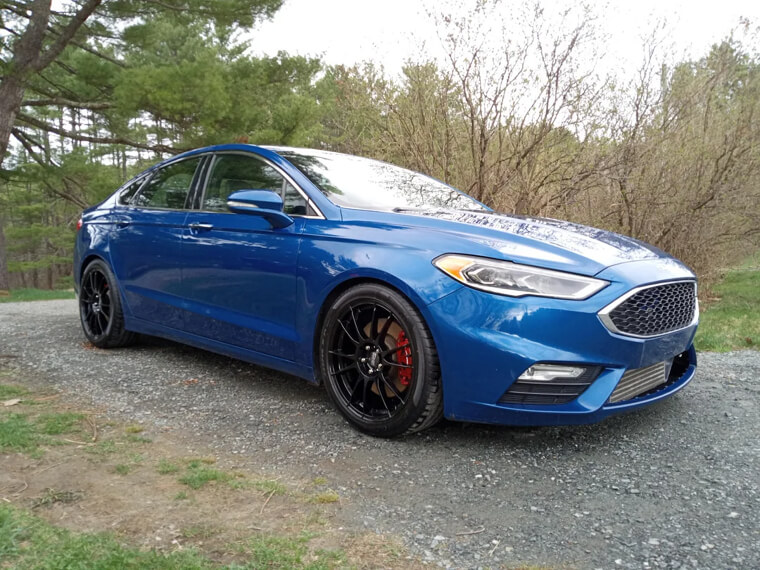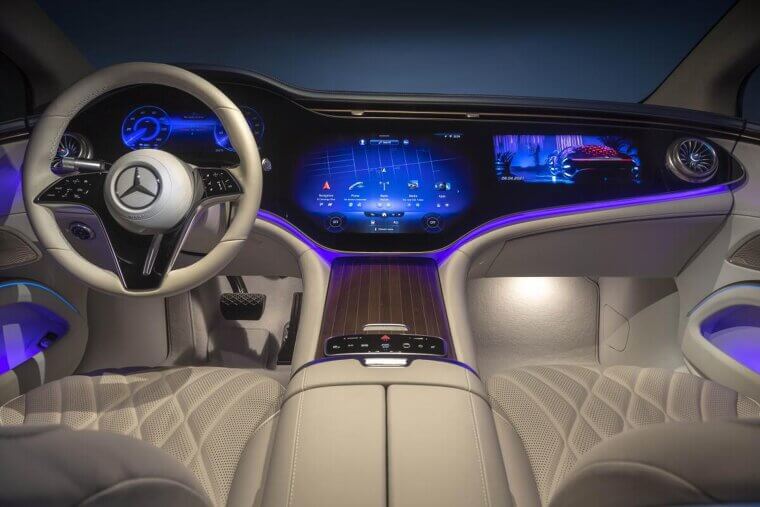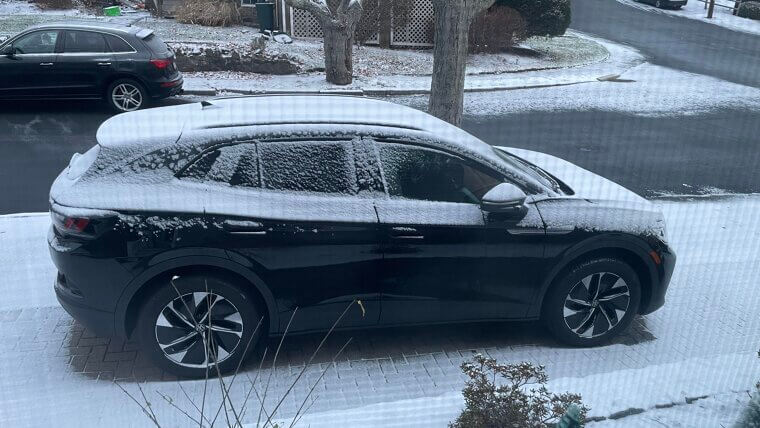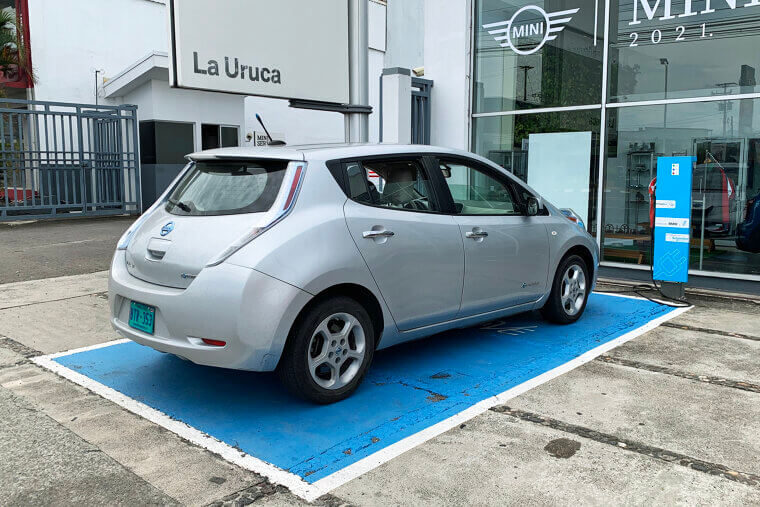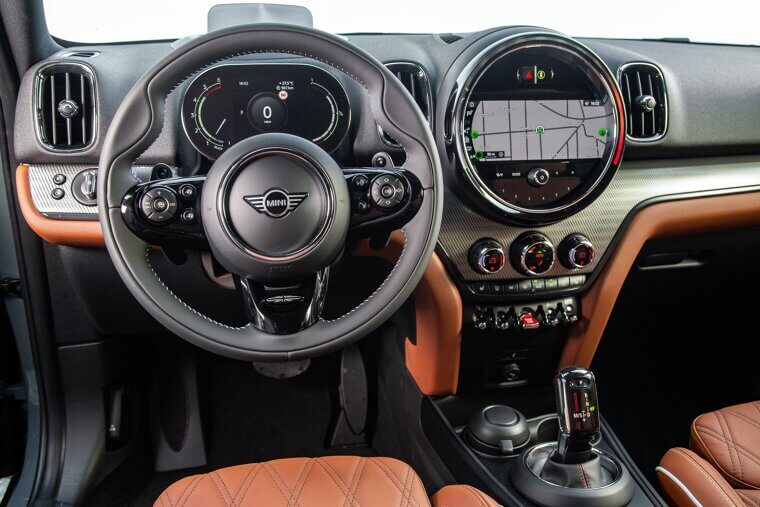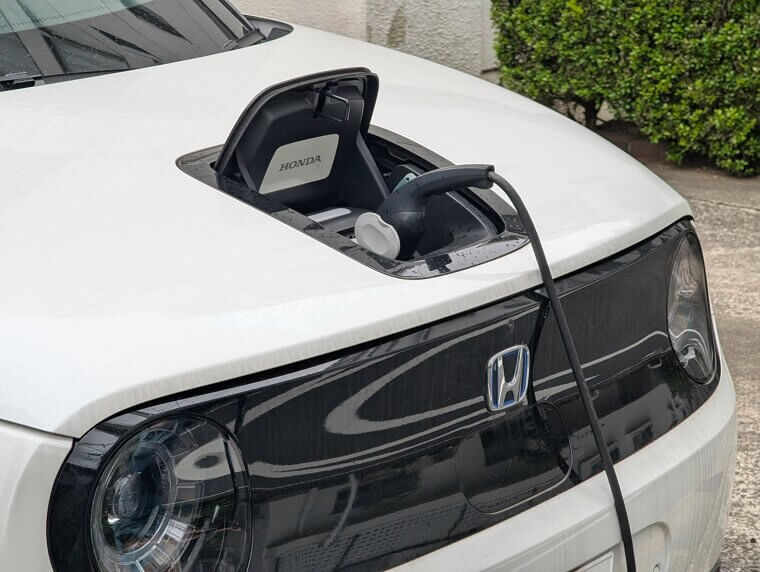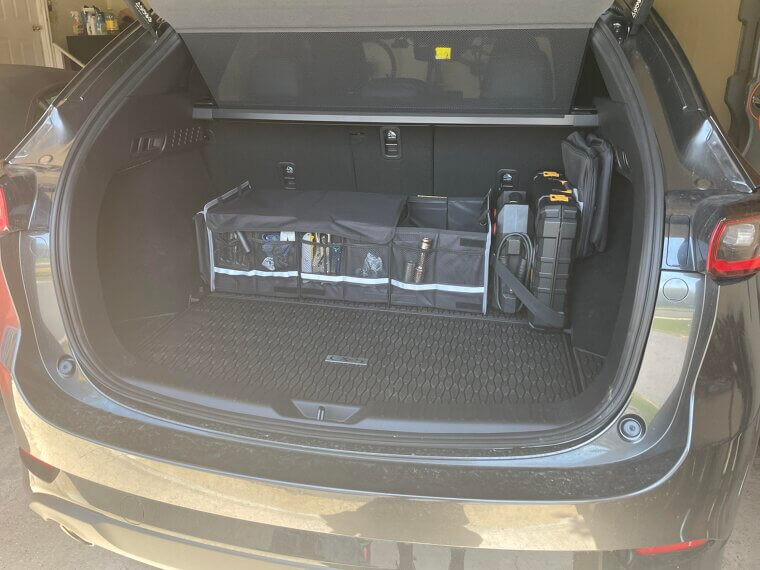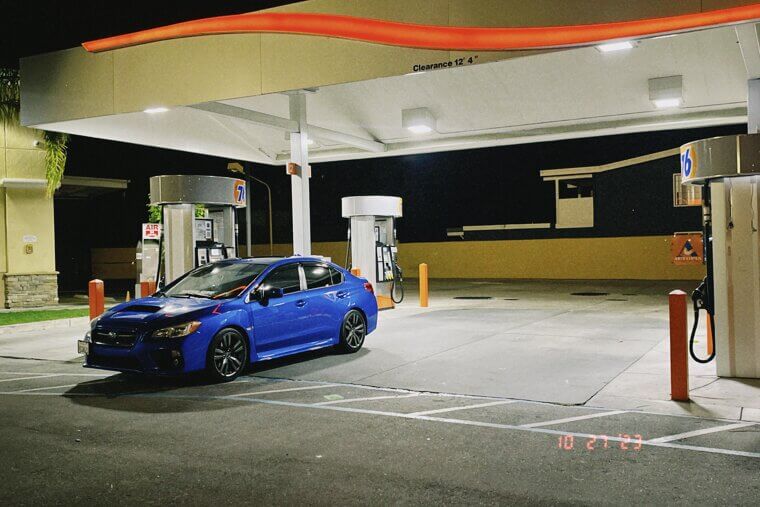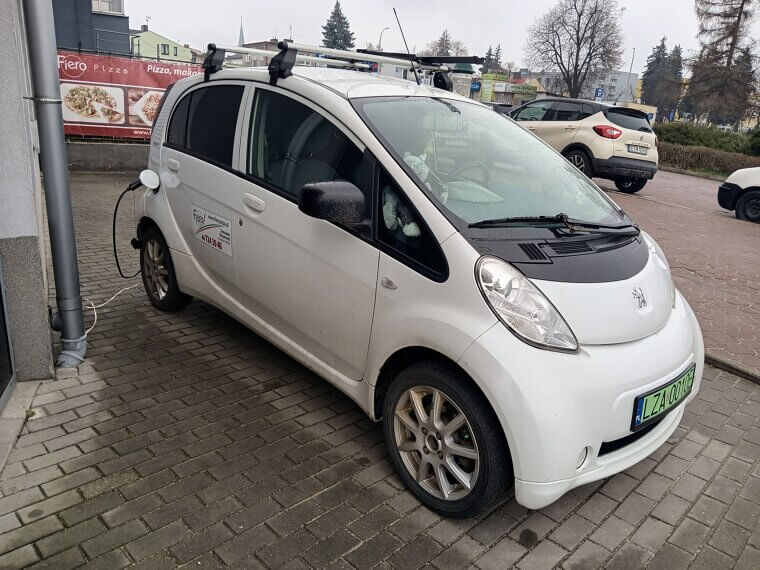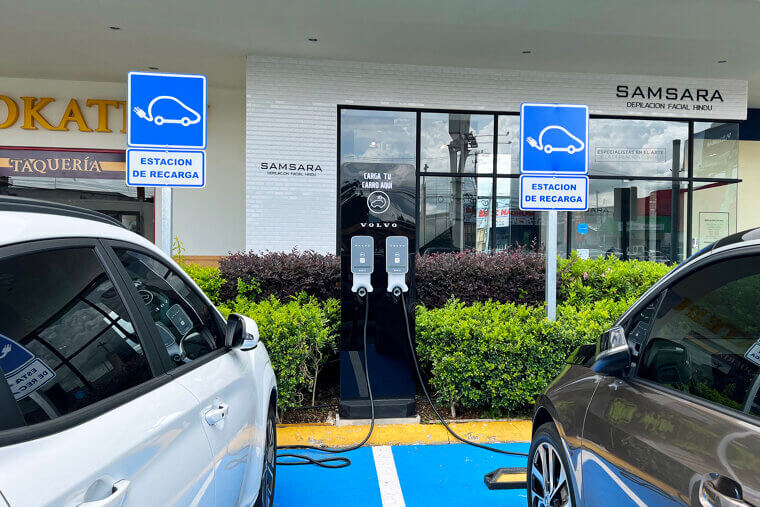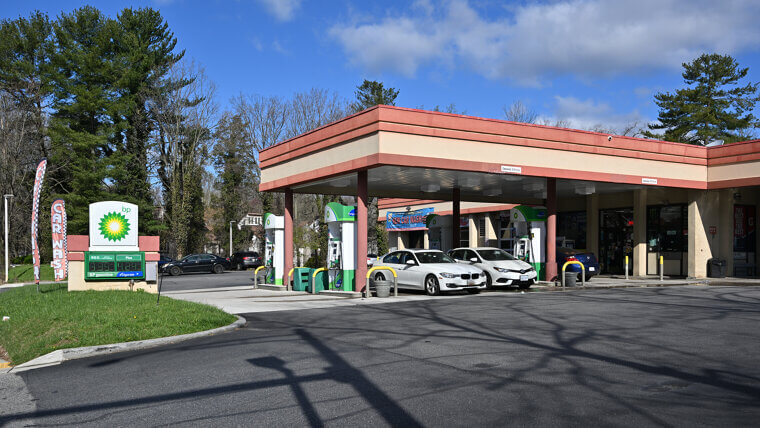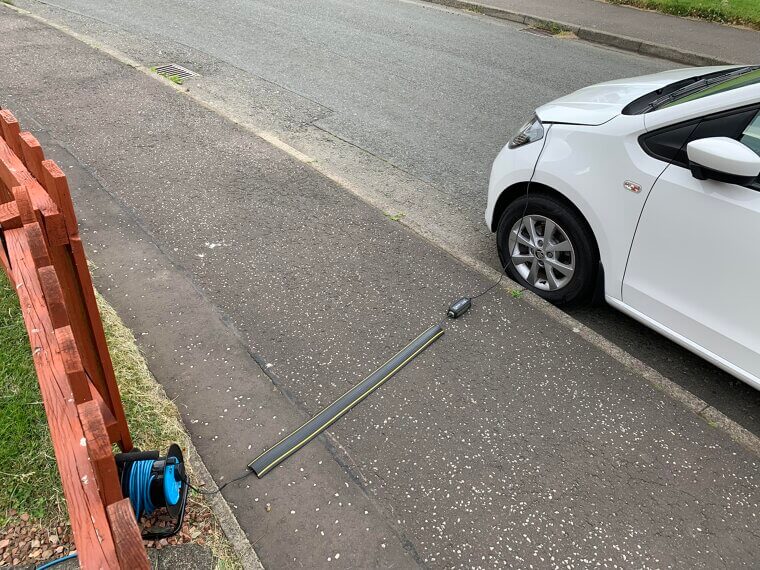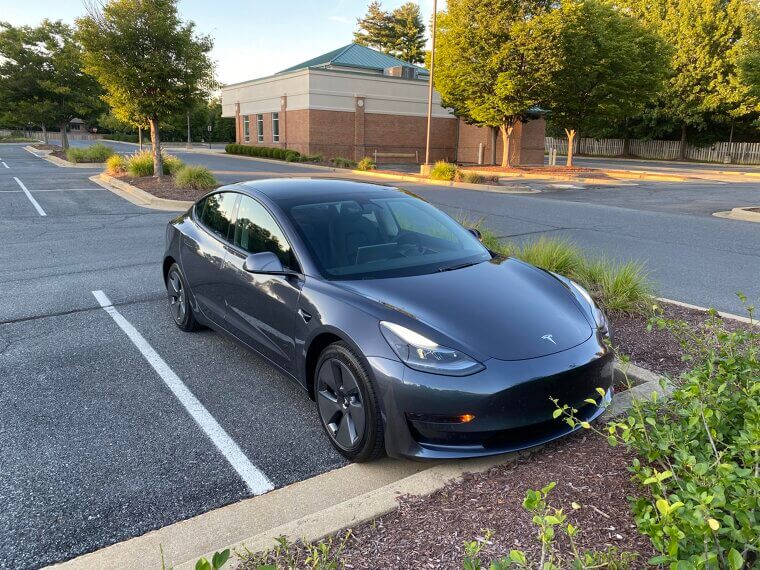EVs Can’t Go Far
In the past, range anxiety was a serious concern, but today's EVs can frequently go 200 - 300 miles between charges. That's more than plenty for weekend trips or everyday errands. Electric vehicles can already travel vast distances thanks to improved batteries and growing infrastructure.
EVs Don’t Work in Cold Weather
Cold weather affects all vehicles, but EVs are adapting fast. Preconditioning features, battery insulation, and smart energy management help maintain range and comfort. Norway’s icy roads are full of EVs - proof they’re not just warm-weather toys.
EVs Take Forever to Charge
Charging times vary, but fast chargers can top up an EV in under 30 minutes. Home charging overnight is also convenient. It’s not about waiting around - it’s about plugging in while you sleep, shop, or sip coffee.
Gas Cars Are More Reliable
Things are less likely to break when there are fewer moving parts. EVs avoid gearbox problems, spark plug replacements, and oil changes. Over time, electric drivetrains are proving themselves with smoother performance and fewer breakdowns; however, reliability varies by model.
You Can’t Drive EVs in the Rain
No, EVs are not shorted out by rain. They are constructed with safety and waterproofing in mind. They manage puddles, storms, and wet roads with ease, just like gas-powered vehicles. Therefore, you can safely drive your EV through a deluge.
EVs Are Just a Fad
Electric vehicles aren’t a passing trend; major automakers are investing billions, and governments are setting phase-out dates for gas engines. EVs are here to stay, evolving quickly and becoming a mainstream choice for drivers of all ages.
EV Batteries Don’t Last
Battery tech has come a long way. Most EVs offer warranties of 8–10 years, and many batteries outlast that. Like any car part, they degrade gradually, but not dramatically. You won’t need to swap batteries every few years - that’s just outdated thinking.
Charging Stations Are Hard to Find
The number of public chargers is rapidly increasing. They are now found in supermarkets, parking lots, and on highways. Apps make it simple to find and schedule stops. Charging is becoming as commonplace as locating a gas station, so it's no longer a scavenger hunt.
Gas Cars Are Better for Long Trips
Driving an EV on a road trip is now easier than ever. Planning is made easy by the proliferation of faster chargers across the country and apps that track charging locations. Additionally, EVs provide fast torque and quiet rides, making them a comfortable road companion.
Gas Cars Are Always Cheaper
EVs frequently prevail in the long term, even though sticker prices may favor gas-powered vehicles. Government rebates, reduced maintenance requirements, and lower fuel prices add up. Before concluding that gas is the most cost-effective option, it’s necessary to compare the entire costs of ownership.
EVs Are Slow
Electric motors deliver instant torque, meaning EVs leap off the line with surprising zip. Many outperform gas cars in acceleration. Even family-friendly models feel lively. So no, they’re not sluggish - they’re actually super quick.
Gas Cars Are Environmentally Cleaner
Vehicle emissions from gasoline and diesel engines are a major source of air pollution. EVs don't make any when they're moving. They are generally cleaner, even when electricity generation is taken into account; they become greener the more renewables we utilize.
EVs Are Too Complicated
Driving an EV is refreshingly simple—no gears, no engine noise, and fewer buttons. Most models feel intuitive, especially for seniors. You don’t need to be extremely tech-savvy - just curious enough to try something new.
You Can’t Tow With an EV
A number of EVs have towing ratings, and they perform admirably. Heavy loads benefit from torque, and manufacturers are developing new capabilities to meet these demands. Towing a caravan or trailer is still possible; just make sure to review the specifications for your model.
EVs Are Only for City Driving
Drivers in rural areas are also adopting EVs; country roads are no longer an obstacle thanks to home charging and extended ranges. Regenerative braking is particularly useful on mountainous terrain, and quiet motors provide for a relaxing trip. With this, EVs are no longer exclusive to city commuters!
Gas Cars Are Safer
EVs undergo the same crash tests and often score high. Their lower center of gravity improves stability, and fewer flammable fluids reduce fire risk. Safety depends on design, not fuel type—and EVs are proving their mettle.
EVs Are Bad for the Environment
While battery production has an environmental cost, EVs quickly offset it through cleaner driving. Over time, they produce fewer emissions than gas cars. Recycling programs and greener manufacturing practices are further improving the situation.
You Can’t Repair EVs
EVs may need fewer repairs, but when they do, trained technicians are ready. Many garages now service electric models. It’s a learning curve, yes, but not a dead end. Maintenance is evolving, not disappearing- so you’re in luck if you’re looking to make the switch from gas vehicles!
EVs Are Too Quiet to Be Safe
EVs are quiet, but regulations now require sound emitters to be installed at low speeds. Pedestrians and cyclists can hear them coming. It’s a balance between peaceful driving and public safety—and manufacturers are getting it right.
Gas Cars Have Better Acceleration
EVs frequently outperform gas-powered vehicles. No more waiting for gear changes or rpm, thanks to instant torque. Even small EVs have a punchy feel. You’ll certainly be surprised by EV’s acceleration if you want a snappy drive.
EVs Are Useless in Emergencies
In addition to providing bidirectional charging, EVs can power houses during blackouts. They are also dependable during heat waves and cold storms. They are less likely to break down when you need them most since they have fewer mechanical parts.
EVs Cost More to Maintain
No oil changes, fewer moving parts, and less wear on brakes thanks to regenerative systems - EVs often cost less to maintain. Don’t get too excited, you’ll still need tyres and checks, but the garage visits are fewer and simpler. So all in all, an EV’s maintenance could actually work out to be cheaper!
Gas Cars Last Longer
EVs are not affected by exhaust, transmission, or engine wear. The health and build quality of the battery determine how long they last. With fewer malfunctions and better aging, many are proving to be long-lasting.
EVs Are Only for Techies
You don’t need to understand kilowatts or apps to enjoy an EV. Most models are user-friendly, with simple controls and clear displays. Seniors, new drivers, and technophobes alike are finding them refreshingly easy to operate.
You Can’t Drive EVs in Snow
Modern EVs have no trouble driving in the winter. Comfort and range are preserved with intelligent energy use, heated batteries, and cabin preconditioning. They require some preparation, much like gas cars, but they are designed to last through all seasons.
EVs Can’t Handle Hills
Hills are a favorite of electric motors; regenerative braking aids in descents, and instant torque makes climbing easy. No gear hunting is necessary because EVs handle elevation effortlessly, whether you're in the Highlands or the Peaks.
Gas Cars Are More Fun
Fun is subjective. Some love the classic engine growls, while others prefer a silent speed. EVs offer quick acceleration, smooth handling, and futuristic tech. Whether you’re cruising or cornering, electric can be just as thrilling - just in a different way.
EVs Are Hard to Insure
EV insurance is growing in popularity. Like gas-powered vehicles, rates differ by model. Some suppliers even provide eco-friendly driver discounts. Insurance companies are catching up, so it's no longer a niche business. So no, electric vehicles are no longer a pain to get basic insurance for.
EVs Don’t Have Enough Space
EVs often have roomy cabins and extra front trunks, or “frunks,” thanks to their compact drivetrains. Families, pet owners, and road trippers are finding space where they didn’t expect it. Don’t let size myths steer you wrong, as the belief that there is no cabin space is definitely outdated!
Gas Cars Are Easier to Refuel
EV charging is catching up, but gas stations are well-known. You begin each day full when you charge at home. The number of public chargers is rapidly increasing, and finding them is made easy by numerous apps. EVs are at the forefront of a transformation in convenience, so give them a chance.
EVs Are Bad for Road Trips
EVs are prepared for road trips because of their improved charging networks and extended ranges. Route apps make planning simple, and the peaceful ride allows for comfortable travel. You'll love it more and stop less frequently than you anticipate.
EVs Are Too Expensive
As production grows, costs are decreasing; there are more used EVs available, and incentives also play a role. Fuel and maintenance savings mount up over time. It's no longer just a luxury option; it's becoming increasingly sensible.
Gas Cars Are More Convenient
Convenience depends on lifestyle. EVs offer home charging, fewer service visits, and smoother drives. For many, that’s more convenient than petrol queues and oil changes. It’s a shift—but one that’s simplifying things.
EVs Can’t Be Fast-Charged
Rapid charging allows many EVs to add more than 100 miles in 20 to 30 minutes. Ideal for coffee breaks or pit stops. Although not all chargers are created equal, a growing number of quick chargers are now available.
EVs Are Just for the Rich
EVs are becoming more affordable, with budget models and secondhand options expanding. Incentives help, and running costs are lower. They’re not just for early adopters anymore - they’re for anyone ready to plug in and go.


